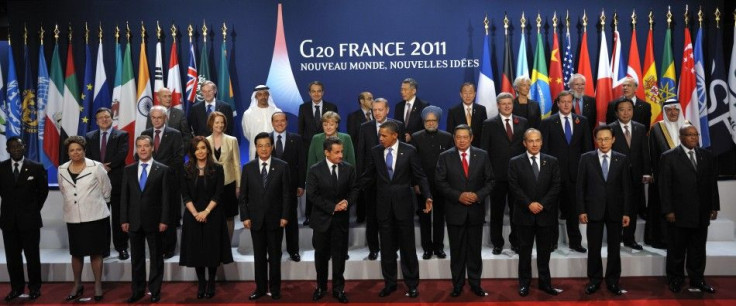Growth Continues to Slow Down for 'All Major Economies'

The world's leading economies are all heading for a period of slower growth, the Organization for Economic Co-operation and Development said on Monday, highlighting signs of weakening economic activities across the board.
The Paris-based organization's composite leading indicator (CLI) of economic activity in its 34 members fell for the seventh straight month to 100.4 in September -- the lowest reading since December 2009 -- and down from an August reading of 100.9, indicating continuing slowdown in growth across developed economies since the third quarter of last year.
Compared to last month's assessment, the CLIs point more strongly to slowdowns in all major economies, the OECD said.
Readings for individual countries were generally lower in September. For each economy, a score of 100 marks the long-term trend growth rate.
In Japan, Russia and the United States the CLIs point to slowdowns in growth towards long term trends, but remained above the 100 level.
Japan's CLI has a reading of 101.6, still down from its pre-earthquake level of 102.0, while the U.S. was at 101.2 from 101.5.
The indicators for Canada, France, Germany, Italy, the United Kingdom, Brazil, China, India and the Euro area were below 100 in September. The leading indicator for Germany fell to 99.1 from 100.4, and the Chinese economy showed marginally weaker activity with a reading of 99.8, down from 99.9.
The OECD Composite Leading Indicators (CLIs) are designed to provide early signals of turning points in business cycles, and are based on a wide variety of data series that have a history of signaling changes in economic activity.
The OECD predicted the Group of Seven largest economies -- Canada, France, Germany, Italy, Japan, the United Kingdom, and the United States -- would grow by only 0.2 percent, while Germany could be most affected by a downturn in global trade and contract by 1.4 percent in the last quarter of 2011.
© Copyright IBTimes 2025. All rights reserved.






















